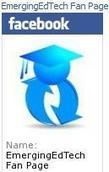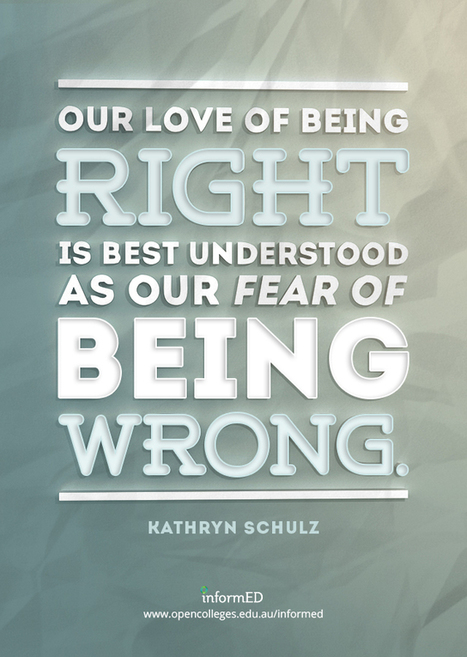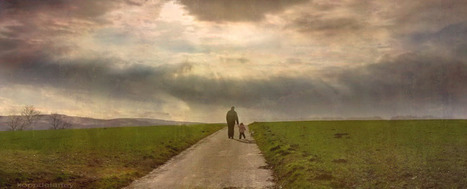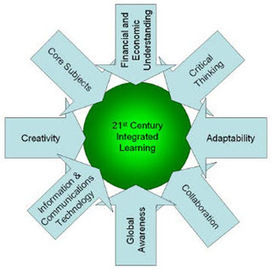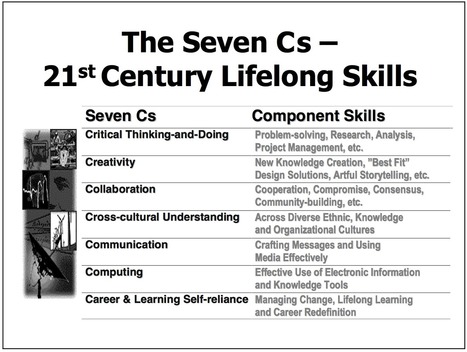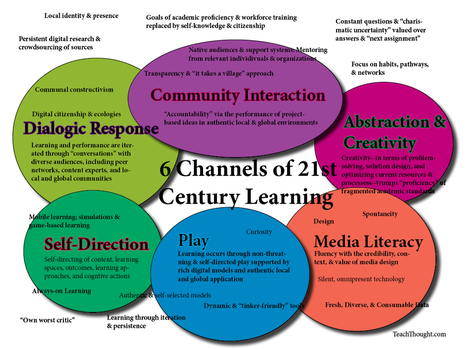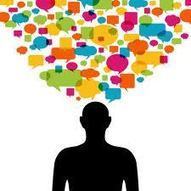In his famous Rede Lecture of 1959, chemist and novelist C P Snow spoke of the separation of science and the humanities, and the lack of respect and understanding that often exists between the fields. He argued that this was detrimental to the future success of the country as many creative breakthroughs come from the interaction between the two cultures. Snow put a large part of the blame on what he called “our fanatical belief in educational specialisation” and focusing on “producing a tiny elite educated in one academic skill”. Unfortunately, not much seems to have changed.
Get Started for FREE
Sign up with Facebook Sign up with X
I don't have a Facebook or a X account
 Your new post is loading... Your new post is loading...
 Your new post is loading... Your new post is loading...
SueFoS's curator insight,
February 16, 2014 2:06 AM
Trends in school education are very relevant to VET. We can learn a lot by looking at how to apply creativity, innovation and personalisation to developing competence in VET environments. 
Eileen Forsyth's curator insight,
February 18, 2014 7:38 AM
Interesting suggestions about how to merge the two with technology: There are two vibrant conversations going on in education right now. The first centers around creativity, and is led by the likes of Ken Robinson, Tony Wagner, and Dale Dougherty. The second is about personalization and innovation, and includes Sal Khan, Tom Vander Ark, Sebastian Thrun, and Clay Christensen.

Gust MEES's curator insight,
March 20, 2013 5:11 PM
A MUST read!!!
Check also:
- http://www.scoop.it/t/21st-century-learning-and-teaching?tag=Creativity
- http://www.scoop.it/t/21st-century-learning-and-teaching?tag=Collaboration
- http://www.scoop.it/t/21st-century-learning-and-teaching?tag=Critical-Thinking
- http://www.scoop.it/t/21st-century-learning-and-teaching?tag=Adaptability+to+Online+Learning
- http://www.scoop.it/t/21st-century-learning-and-teaching?tag=Problem+Based+Learning
|

Derrick Schellenberg's curator insight,
March 24, 2014 9:49 AM
An interesting graphic on some of the skills or activities relating to 21st Century learning. Not much depth in the actual article/explanation, but the six different channels provide some food for thought. It is interesting that there is a real shift to student as participant and contributor in all of the six channels. Their role is active. They can help determine the direction. They can explore some of their own interests and express themselves in different ways. What I find interesting is that you can see the pendulum moving toward the students, and I am curious as to where we are in the arc (in North America, specifically Ontario). Eventually the pendulum will shift back, toward rigour, and content, and curriculum, as well as standards.
Are we just beginning the swing toward student-centered education (as examples of standardized testing abound) or are we well on our way to reaching the end of this continuum, and we should gird ourselves for the return swing? Or, will we find a happy hybrid, a blending of a rigorous curriculum, discovered through inquiry-based learning, constructed using student and teacher collaboration, with students "driving the bus" and teachers acting as guides (and hopefully accelerating past the need to test everyone and everything)? |





